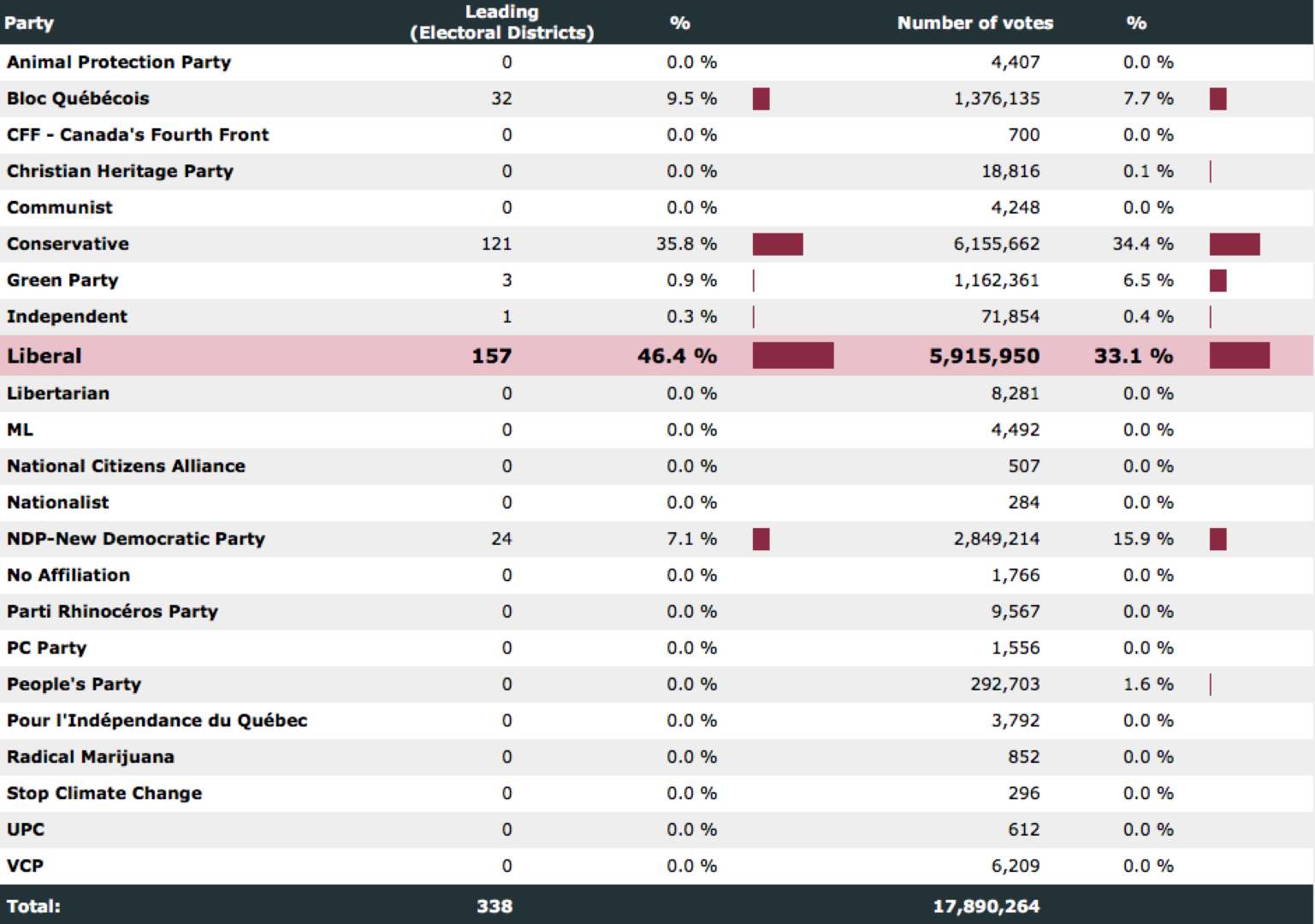The superficiality of We Day
By Cazzy Lewchuk, Staff Writer
On October 22, about 18,000 students from schools across BC participated in We Day at Rogers Arena. The event featured many celebrities, advocates, and other inspirational speakers empowering youth to create social change locally and globally.
The entire event is organized by the charity movement Free the Children and for-profit social enterprise Me to We. These organizations focus on youth empowerment and social change, often sponsoring trips for North Americans to volunteer for and help villages in the developing world. In fact, most of their funding (from direct fundraising, corporate sponsorship, grants, and product selling) goes towards organizing the events or sending participants on trips.
Perhaps the most questionable aspect of We Day is the sheer amount of corporate representation. Throughout the day, many speakers from companies such as RBC and Telus talked about what they represent and their organizations’ commitment to the vague social change empowerment. Kids, when you grow up, you too can work for one of these organizations that’s dedicated to improving social conditions internationally while also selling iPhones made in China.
Of course, all events need money to run, particularly at a super-planned show like We Day. All of the speakers volunteer their time, and tickets to the event are earned, not purchased. Regardless of one’s opinion on corporations in general, it’s fair that a few can showcase their involvement. After all, it’s all going to a good cause, right?
What was that cause again?
Although many Canadian celebrities and public figures from a variety of backgrounds are featured, not many local speakers were. It’s much easier for teens to listen to and be “inspired” by celebrities than, say, a local student who’s made significant contributions in the community.
I have no doubt that at least some of the students who attended left with an appreciation and desire to better the world, never mind the ones who were more concerned about high-fiving Josh Ramsay. But the sheer commercialization and spectacle of the event overshadows its meaning. It says a lot that the agenda has a generic theme of “youth empowerment” and that its specific cause is unclear at first glance.
What is We Day? It’s a big event where teens are told by rich celebrities to be the change they want to see in the world. Social media use, media attention, and desirability are all important aspects of this day.
But the specific merit and effectiveness of We Day is what bothers me. Yes, teens have to perform an act of good for the local and global community to get tickets, but what about the aftermath? Are the We Day speakers really there to encourage students to improve the world around them? They speak of the inspiring stories and activism that turned them into the famous (and often rich) people they are today, but they do not speak of the challenges. Not all 18,000 students are going to be the next founder of an international charity. But then why does this event seem to foster the idea? Free the Children is associated with a movement called the Shameless Idealists, a phrase that is by definition unrealistic and perhaps not the best thing for high school students to be “inspired” (or slightly pushed) into joining. Don’t worry, kids, soon you’ll get to college and the “shameless idealism” will be replaced by the real world concept of “reserved cynicism.”
Does We Day do more harm than good? Probably not. If even one of the 18,000 participants is inspired enough to actually follow through in making a difference, their overall mission was successful. But their flashy methods are certainly exciting and public relations-friendly.


